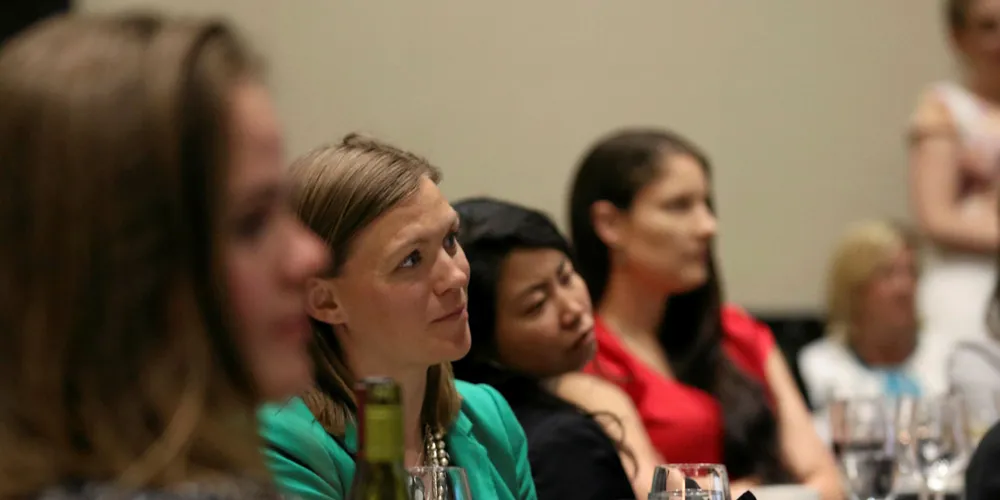Women in Seafood Leadership Summit: Advice, inspiration and a road map for the future
Inaugural summit ignites enthusiasm and excitement for bringing more women into the sector.

Inaugural summit ignites enthusiasm and excitement for bringing more women into the sector.
